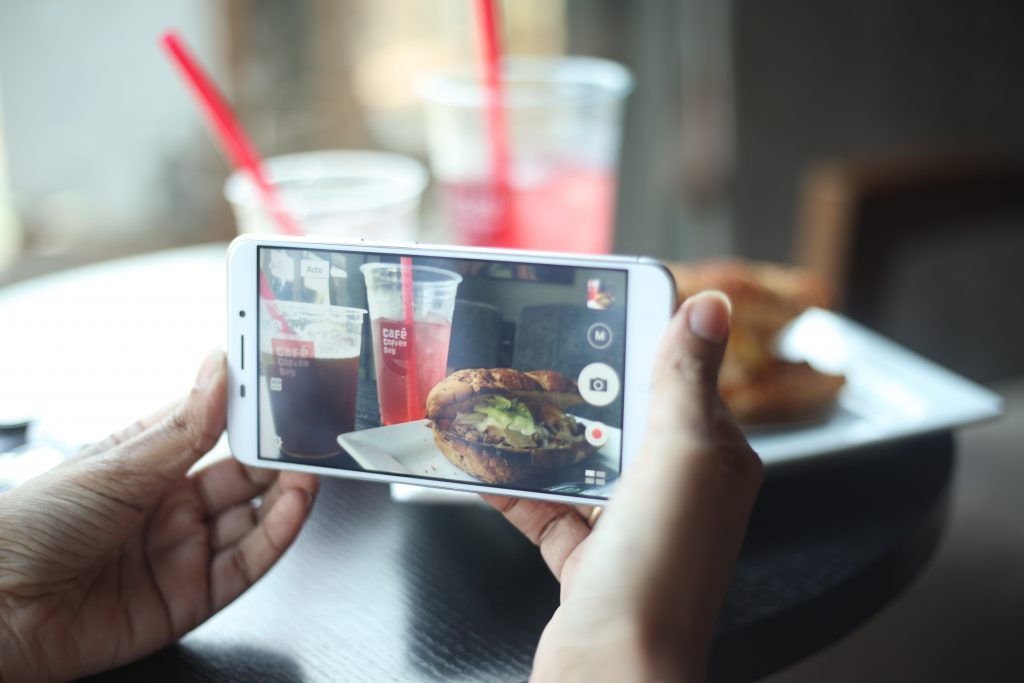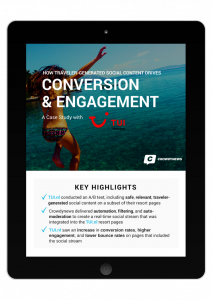
Millennials’ social media habits are important for digital publishers and brands. Why? Because, millennials are best reached through social media, as they’re tech-savvy, behaving as frontrunners to embrace new technologies from brands.
I, myself am a millennial. If I look critically at my own ‘social media career,’ I have been a bit of a ‘Peeping Tom,’ to be honest. I scroll through my timeline more than I enrich social media with my own content. And even though I’m not a contributor, I spend a lot of time on social media platforms – especially Facebook and Instagram. Not surprisingly, many people have similar social media habits (yes you too!). Based on evolving social media trends, here are some of my predictions for millennials’ social media habits in 2017.
Decreasing power of Facebook
Taking a look at my current Facebook timeline, I’m wondering why I spend so much time scrolling through the feed daily. My Facebook timeline nowadays consists mainly photos of people with their newborn babies (yes I’m almost 30), recipe videos, pictures of great parties, several images with names in it that say: ‘tag if your friend’s name is in here because they will get married in 2017’ (yes, many of my friends respond to things like that), a few news stories by publishers I follow, and many ads.
Moreover, due to Facebook’s latest change in algorithms, we receive more news stories similar to articles that we have engaged with in the past. The result of the algorithmic change is also referred to as the ‘echo chamber’ effect – you are surrounded by news and ideas which you and your friends already like or agree with. Millennials are concerned about this vicious circle and the expectation is that Facebook will not play as important a role in 2017.
The hunt for real and authentic content
For many years, social media has been used to share the ‘perfect life’. Currently, there’s a shift in millennials’ preference for the type of social content in which we want to engage. We want real, raw, and authentic posts instead of looking at pictures of perfect people on a dream island with lots of friends, in a world where the sun is always shining. Let’s face it – these images feel much more staged than an actual depiction of life. Real stories are much more respected than perfect stories, because it’s what we can all relate to, millennials included.
The power of word-of-mouth
We are known as the generation that seeks out recommendations before buying things (online or offline). According to a report by Mintel, more than 80% of millennials check reviews online before making a purchase. Whether it’s a holiday, a restaurant, a mobile phone or even a toothbrush. We check with our peers first to see if they liked it, or not. In 2017, the power of the online word-of-mouth will become even more important. And social media will play a large role, showing the real deal. Also, with many pictures and videos (such as unboxing videos) being shared, social media provides much more visual content than other online recommendations.

Want to see how travel brand TUI.nl used customer word-of-mouth to increase overall conversion by 2.8% and conversion on tablet alone by 13.27%?
Download the case study to see how they leveraged relevant social media as a word-of-mouth conversion booster:
Relating instead of comparing
There’s no question that Facebook will remain a large social media platform in terms of usage. Also, I suspect that overall we will continue to use social media as heavily as before. However, I do think that we as millennials – the generation that grew up with social media – are starting to realize that there’s more to life than comparing your own life with someone else’s. The emphasis on real and authentic content will continue to evolve along with the importance for online reviews.